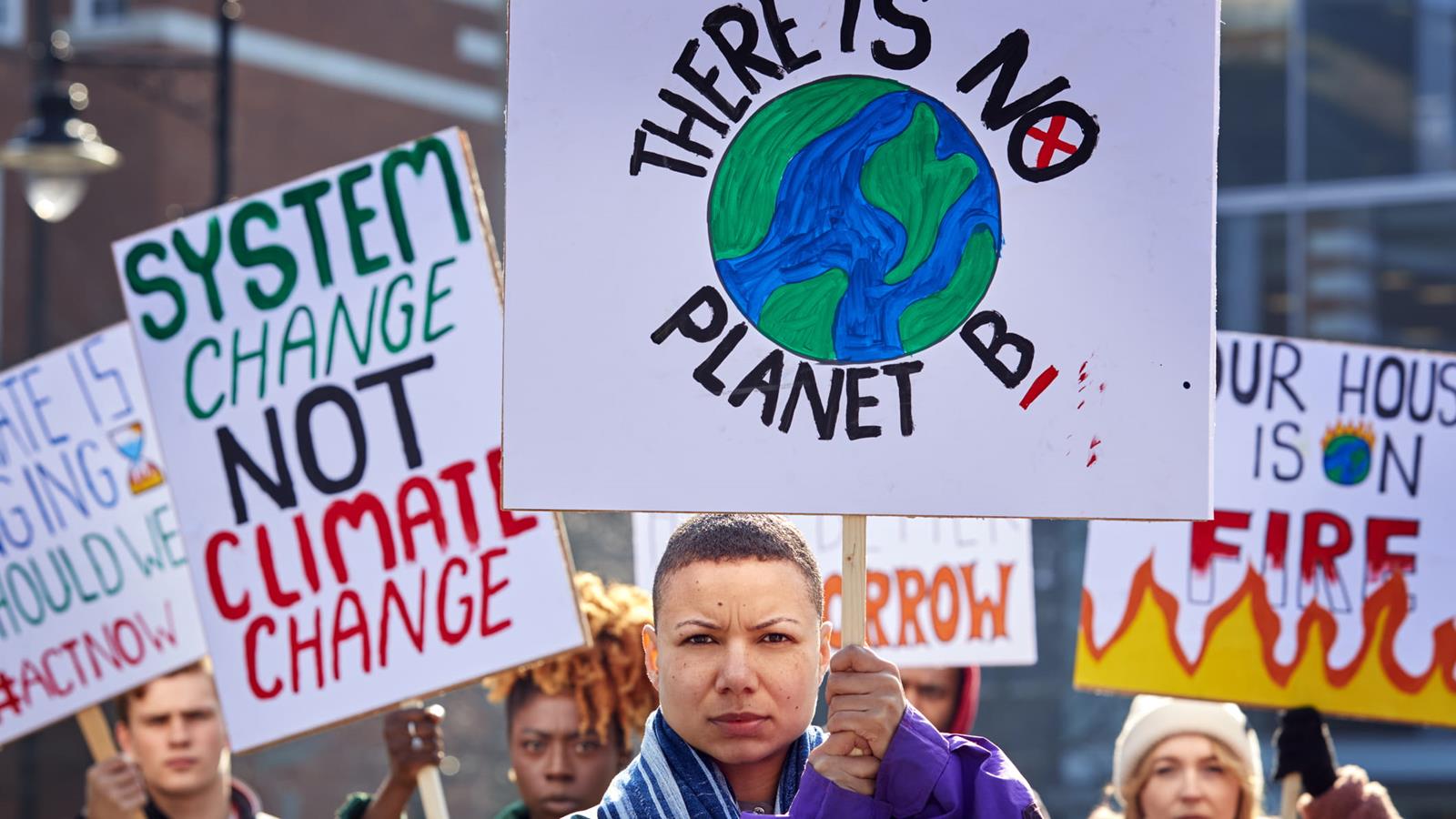How Climate Change is Affecting Teens’ Mental Health
Did you know that climate change is not only impacting our physical environment but also our mental health? According to a recent study conducted by Drexel University, there is a clear link between climate change and the rise in mental distress among teenagers. Let’s dive deeper into the findings of this study and understand how this issue is affecting our youth.
The Drexel Study: Understanding the Impact
The study conducted by Drexel University surveyed a total of 38,616 high school students in the United States, aiming to analyze the correlation between exposure to climate disasters and mental distress. The results were eye-opening, showing that adolescents who had more exposure to climate disasters had significantly higher odds of experiencing mental distress. This correlation sheds light on the urgent need to address the mental health impacts of climate change on our youth.
Key Findings from the Study
One of the key findings from the study was the direct relationship between exposure to climate disasters and mental distress among teenagers. The more severe the impact of climate disasters on a community, the higher the likelihood of adolescents in that area experiencing mental health issues.
Another significant finding was the vulnerability of teens to the psychological effects of climate change. Adolescents are at a critical stage of development, and the stress and anxiety caused by climate-related events can have long-lasting consequences on their mental well-being.
The Role of Mental Health Resources
In light of these findings, there is a pressing need to increase mental health resources for adolescents, especially those who are more vulnerable due to their exposure to climate disasters. By providing adequate support and interventions, we can help mitigate the negative impact of climate change on teens’ mental health.

This image is property of scx2.b-cdn.net.
Importance of Addressing Mental Health Impacts of Climate Change on Youth
It is crucial to recognize the significance of addressing the mental health impacts of climate change on our youth. As climate change continues to worsen, the psychological toll on teenagers is only expected to increase. By taking proactive measures to support their mental well-being, we can help build resilience and coping mechanisms in the face of environmental challenges.
Understanding the Connection
The connection between climate change and mental health is complex and multifaceted. Climate-related disasters such as hurricanes, wildfires, and floods not only cause physical harm but also instill fear, anxiety, and trauma in individuals, especially teenagers. The long-term effects of these disasters can lead to a range of mental health issues, including depression, anxiety, PTSD, and suicidal ideation.
Building Resilience
By addressing the mental health impacts of climate change on youth, we can empower adolescents to build resilience and adaptive coping strategies. Providing access to mental health resources, support services, and education on climate-related stress can help teens navigate their emotions and develop healthy ways to cope with environmental challenges.
Creating a Supportive Environment
In addition to individual interventions, it is essential to create a supportive environment that promotes open communication, emotional expression, and social connection. Encouraging teens to talk about their feelings, seek help when needed, and engage in positive coping activities can play a significant role in improving their mental well-being in the face of climate-induced stress.
The Role of Education
Education also plays a critical role in addressing the mental health impacts of climate change on youth. By integrating climate literacy and mental health education into school curricula, we can increase awareness, reduce stigma, and empower teenagers to take action to protect their mental well-being in a changing climate.
Calls for Increased Mental Health Resources for Adolescents
In response to the concerning findings of the Drexel study, there have been growing calls for increased mental health resources for adolescents, particularly those at higher risk due to their exposure to climate disasters. It is imperative that we prioritize the mental well-being of our youth and provide them with the support they need to navigate the challenges posed by climate change.
The Need for Targeted Interventions
Targeted interventions tailored to the specific needs of vulnerable teens are essential in addressing the mental health impacts of climate change. By identifying at-risk populations, implementing evidence-based interventions, and monitoring outcomes, we can effectively support adolescents in coping with the psychological effects of environmental stressors.
Access to Mental Health Services
Access to mental health services is a crucial component of addressing the mental health impacts of climate change on youth. Ensuring that teenagers have timely and affordable access to counseling, therapy, support groups, and crisis intervention services can make a significant difference in their ability to manage climate-related stress and trauma.
Collaboration Across Sectors
Collaboration across sectors, including healthcare, education, environmental advocacy, and policymaking, is essential in mobilizing resources and expertise to support adolescents’ mental health in the face of climate change. By working together, we can create a holistic and comprehensive approach to addressing this pressing issue and promoting the well-being of our youth.
Advocating for Policy Change
Advocating for policy change at the local, state, and national levels is critical in ensuring that mental health resources are allocated to support adolescents affected by climate change. By raising awareness, mobilizing stakeholders, and influencing decision-makers, we can drive meaningful change and improve the mental well-being of our youth in a rapidly changing world.

This image is property of drexel.edu.
Conclusion
In conclusion, the findings of the Drexel study highlight the urgent need to address the mental health impacts of climate change on youth. By increasing mental health resources, raising awareness, promoting education, and advocating for policy change, we can support adolescents in coping with the psychological effects of environmental stress and build resilience in the face of climate-related challenges. It is essential that we prioritize the mental well-being of our youth and take action to protect their mental health in a changing climate.

This image is property of s.w-x.co.
